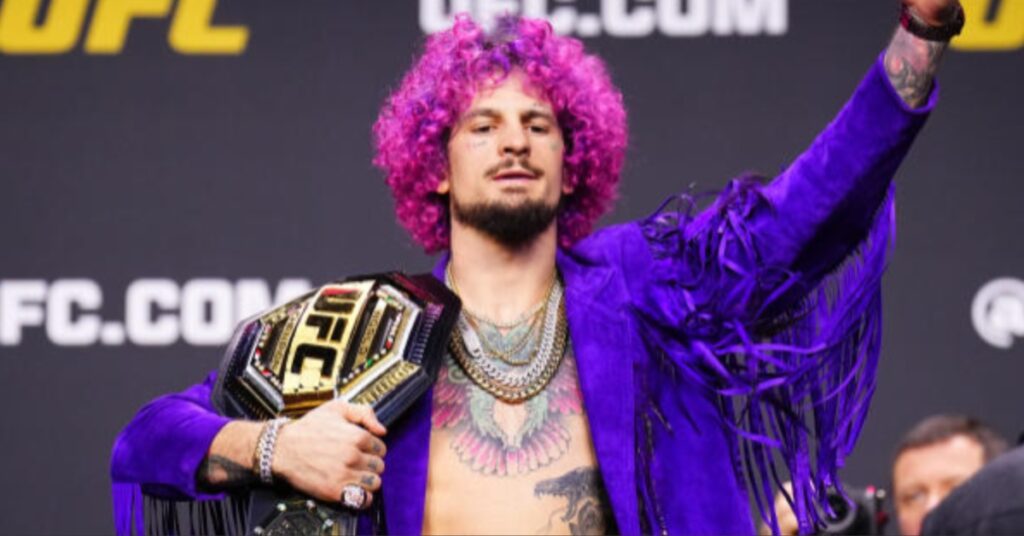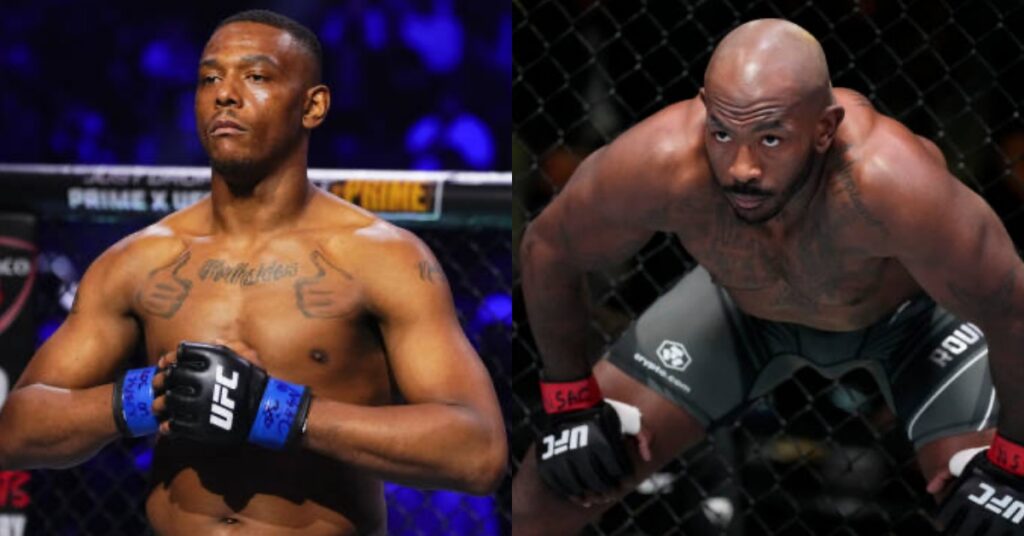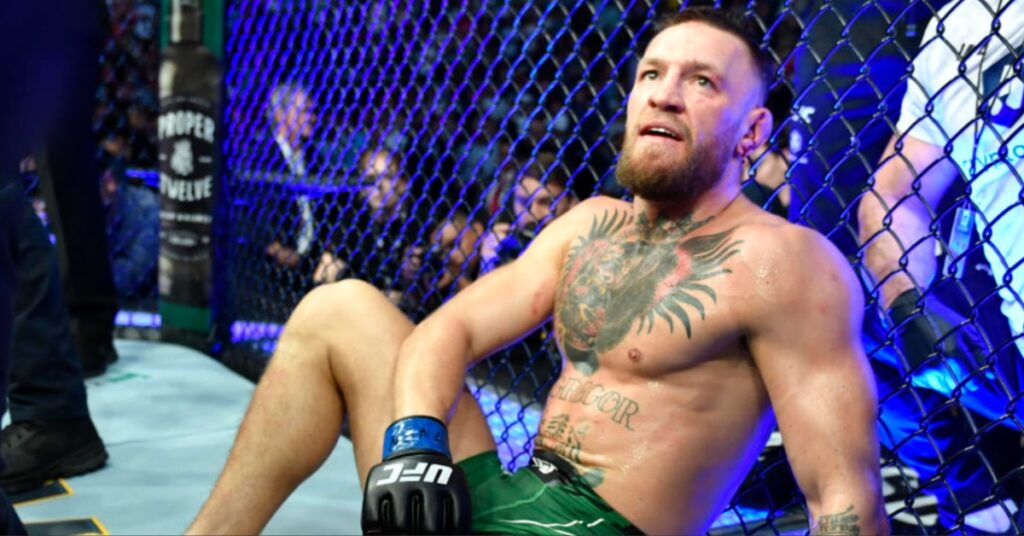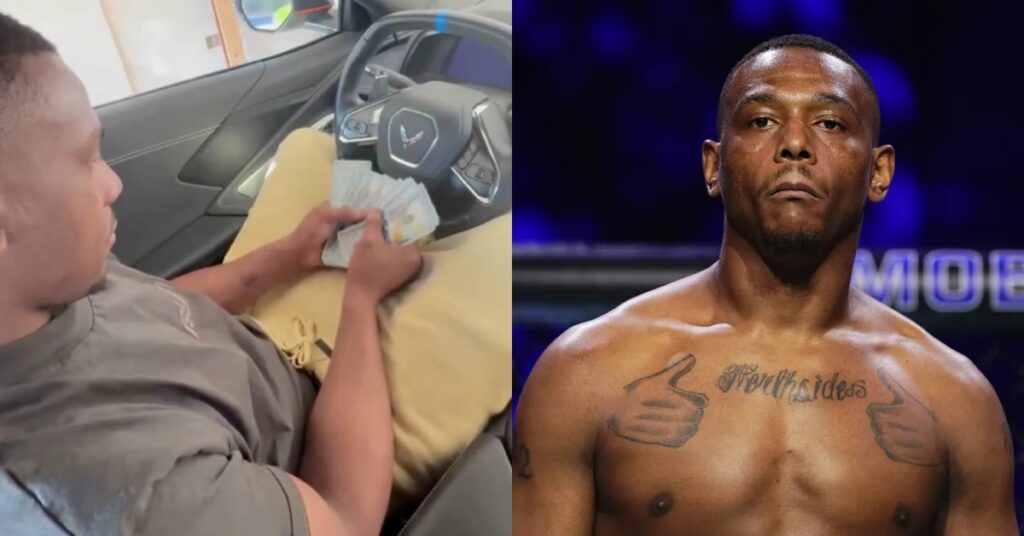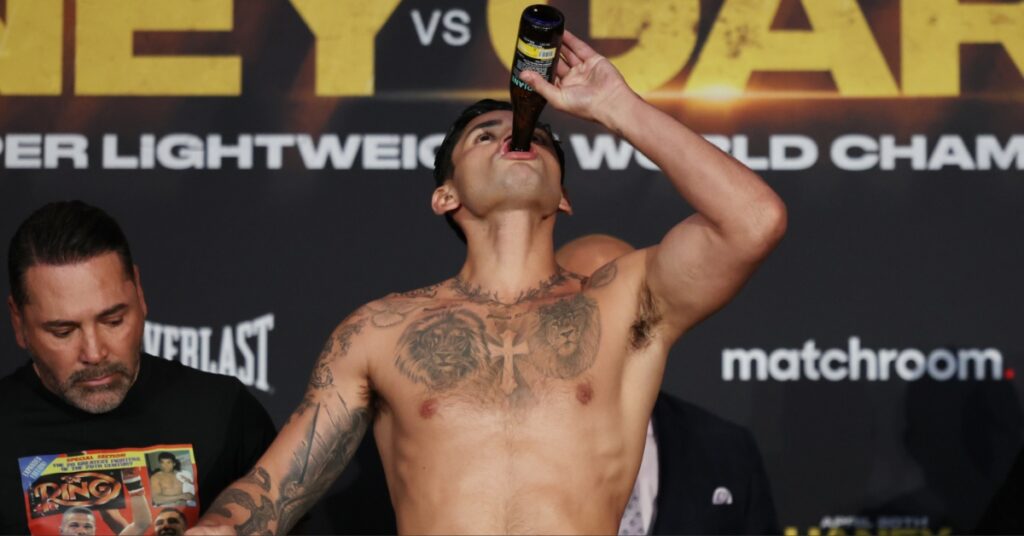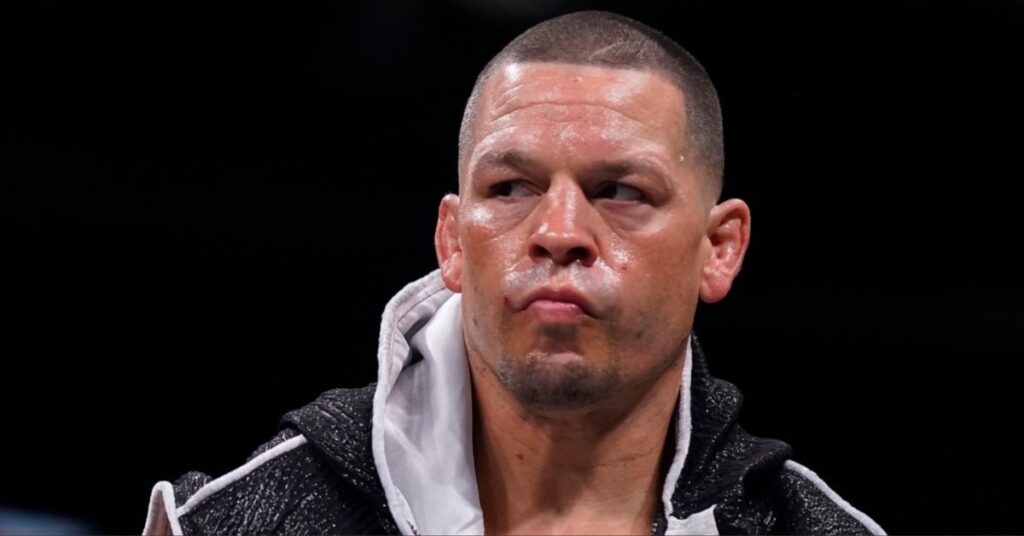Has TRT become a permanent aspect of MMA?
With former UFC Heavyweight champion Frank Mir recently coming out with the statement that he will continue to use TRT (Testosterone Replacement Therapy) indefinitely, MMA fans everywhere have to wonder if the hormone replacement therapy has became a mainstay for the sport. As more and more fighters detail their use of TRT, it seems that the controversy surrounding it declines. This could be a good thing or a bad thing for the sport, depending on which point of view you choose to take. Let’s take a look at the pros and cons of TRT use in Mixed Martial Arts.
The health benefits of its use are obvious, especially for a high-level athlete that is depleting his testosterone levels on a daily basis. It may allow athletes, namely fighters, to extend theirs careers and continue training at an extremely high level when non-using athletes are starting to wear down physically. Perhaps Dan Henderson is a good example of this, as he is fighting for the UFC Light Heavyweight championship in early September at age 41. Or perhaps Henderson is just an anomaly. Mir himself has stated that TRT did not help him in the gym specifically, but rather assisted him with health problems associated with low testosterone that his doctors had found in blood tests. One thing is for certain, that if TRT is finding a somewhat permanent spot within MMA, it must be used within reason, regulated and prescribed by credible doctors. Even UFC President Dana White has not opposed its use as of late, as long as it is regulated and a fighter tests well within the allotted T:E ratios. TRT use does not grant superhuman abilities or strength, nor does it guarantee a win, evident by Rampage Jackson‘s extremely poor showing at UFC 144 after beginning TRT use.
On the other hand, TRT use can walk the fine line of using performance-enhancing drugs, which have no spot in MMA. However, rumors of steroids and HGH still continue to haunt MMA on a daily basis. TRT is all too easily grouped in with these dangerous drugs. While Mir tested well within legal limits at UFC 146, Chael Sonnen showed up with T:E ratios of almost 17:1 for his fight with Anderson Silva at UFC 117. Sonnen has since been granted a Therapeutic Use Exemption, but he was suspended by the CSAC following that epic battle. It is debatable, but Sonnen looked quite a bit weaker in his second go-around with the champ. Some, like Nate Marquardt, felt they had something to hide and paid dire consequences for their lack of disclosure. Also, if so many fighters are using TRT, when does the playing field become uneven? Is it skewed already?
Obviously the debate over TRT use in MMA is a hotly debated topic with many details to be factored in. Personally, I believe that while it may be regulated and legal, it walks a very fine line in a sport that is greatly plagued by PED use. We must remember that MMA is a young sport, and if it stands a chance to grow exponentially, drug use will certainly deter that. Like Tito Ortiz said, if you need TRT, you probably shouldn’t be a fighter. One would think that fighters, being in top physical shape, would already possess high T levels to begin with. But they do deplete their bodies routinely. What are your thoughts on this increasingly prevalent debate? Is TRT just another regulated aspect of MMA now, or is it a way to circumvent the rules and gain an advantage on your opponents?
Further Reading: Tito Ortiz – If you have to do TRT, you probably shouldn’t be fighting


